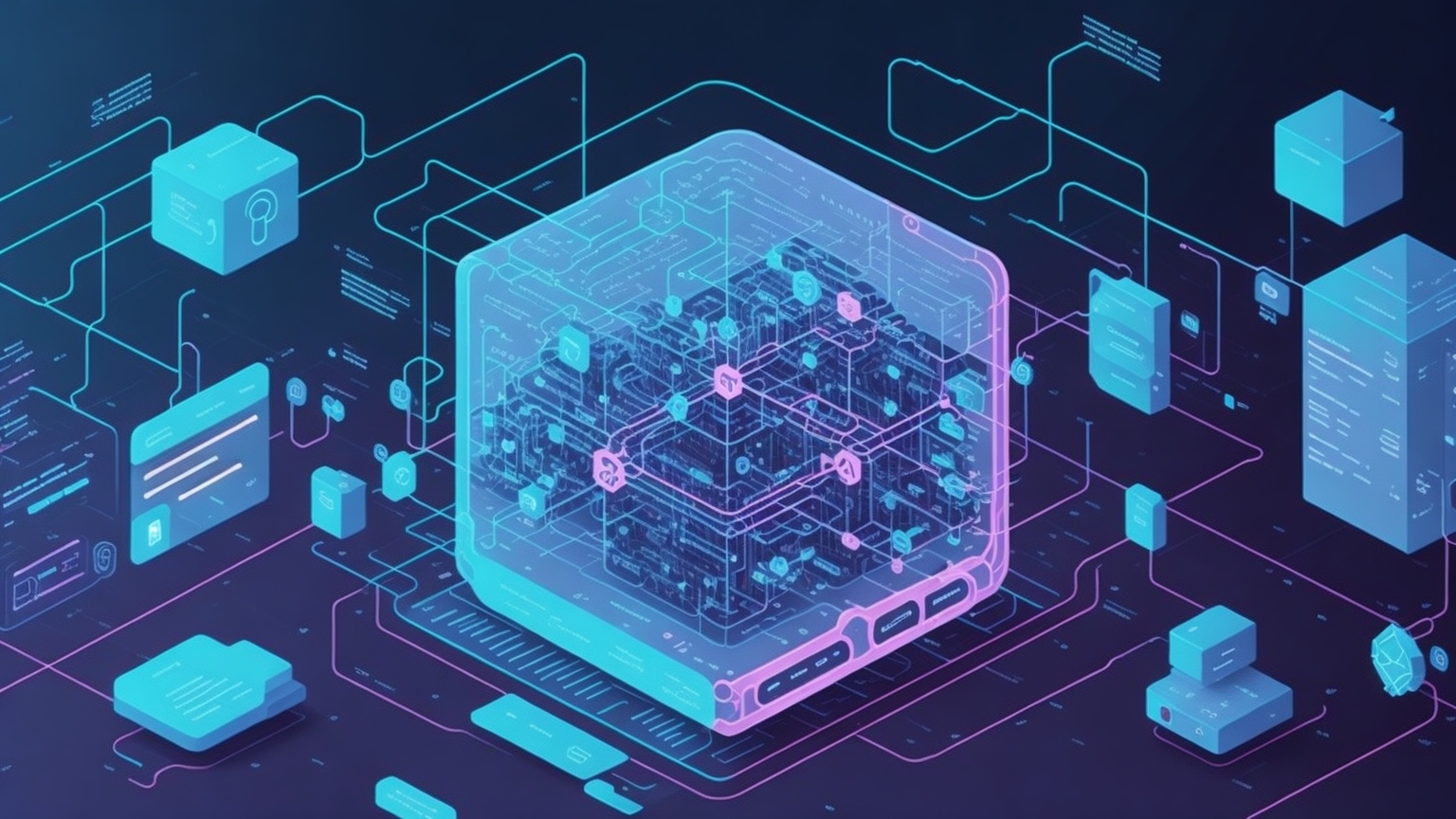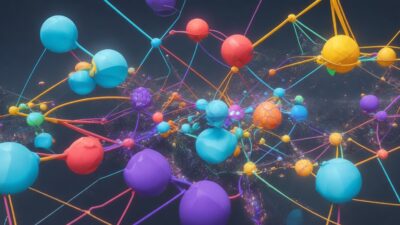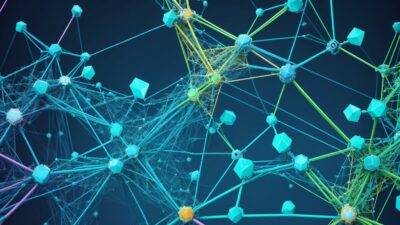The Social Networks of the Future: How Blockchain and Decentralization Will Transform Interactions and Safeguard Privacy Online

The internet has been around for over a quarter of a century, and social networks have become an integral part of our lives. They have transformed the ways in which we communicate, interact, and share information. However, with this comes a number of issues related to privacy, security, and data control. In this article, we will explore how blockchain technologies and decentralization can offer solutions to these problems and shape the future of social networks.
Blockchain and Decentralization
Before we dive into the future, let’s understand what blockchain and decentralization are. Blockchain is a technology for decentralized storage and data transfer, based on the use of cryptography. Decentralization, on the other hand, is a process of distributing functions, powers, and people away from a central location to many access points.
Privacy Protection and Data Control
One of the primary issues with modern social networks is the lack of user control over their personal data. The information we share on social networks is often used without our explicit consent or even our knowledge. Blockchain and decentralization can solve this problem.
In a decentralized social network, user data is stored on the blockchain and only they decide who and when can access this information. This means that users can control their data, rather than handing it over to third parties.
New Forms of Interaction
Blockchain and decentralization also offer new forms of user interaction. For instance, the ability for direct, secure, and transparent transactions between users without intermediaries.
Additionally, blockchain allows for the creation of Decentralized Autonomous Organizations (DAOs), which can function as communities within the social network. In a DAO, users can vote and make decisions on any issues related to the governance of the social network.
Conclusion
Blockchain and decentralization technologies have the potential to change the way we interact on social networks, giving users more control over their data and introducing new forms of interaction. While they are still far from widespread adoption, we are already seeing the first steps in this direction, and the future promises to be exciting.




